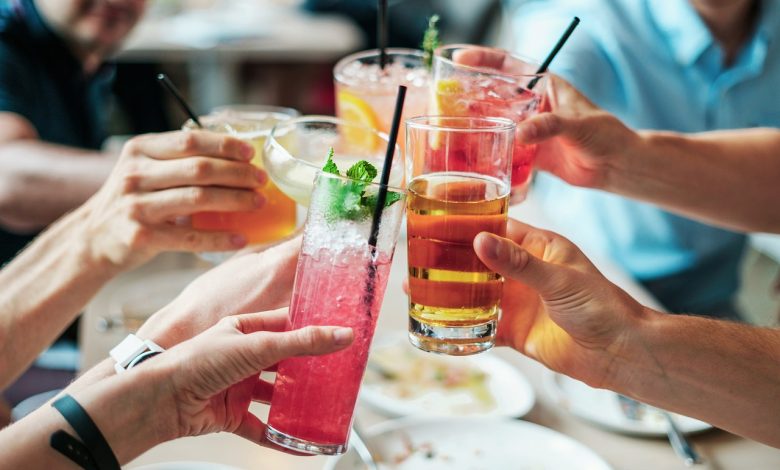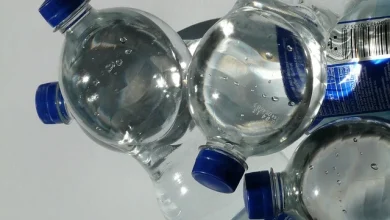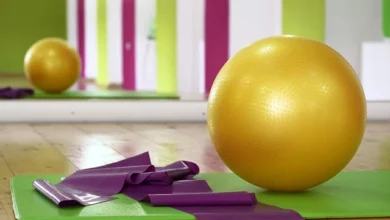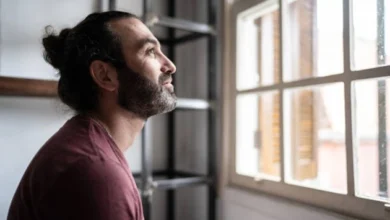Alcohol addiction can already be predicted from the first glass of alcohol you drink

One can easily drink two glasses and then stop, while the other continues to drink without thinking about the consequences. What makes someone a bingo drinker? Several neuroscientists at Vanderbilt University and The Salk Institute investigated this.
For their study, the researchers observed the brain activity of mice in their laboratory to determine the neurological side of alcohol addiction and what makes people compulsive bingo drinkers, i.e. people who continue to drink despite the fact that this can have negative consequences.
Before that, they initially looked at the brain activity of the mice while being exposed to alcohol for the first time. They discovered a specific circuit in their brain that simulated or reduced ‘punishment signals’. For example, the mice whose brain activity lit up the first time they drank, which simulated punishment signals, had less chance of developing compulsive drinking. Decreased electrical brain activity, which reduced the punishment signals, made the mice more susceptible to compulsive drinking. That way, the researchers were able to predict compulsive behavior in advance, depending on how their brains reacted to alcohol the first time.
“Based on the electrical activity in the brain during the very first time the mice drank alcohol, we could see at an early stage which mice would exhibit compulsive behavior and which would not,” says Professor of Pharmacology or Medicine and author of the Cody Siciliano study.
According to the researchers, no less than 30% of adults would commit such compulsive behavior. With these results, they hope to find new ways to help people with alcohol dependence.




